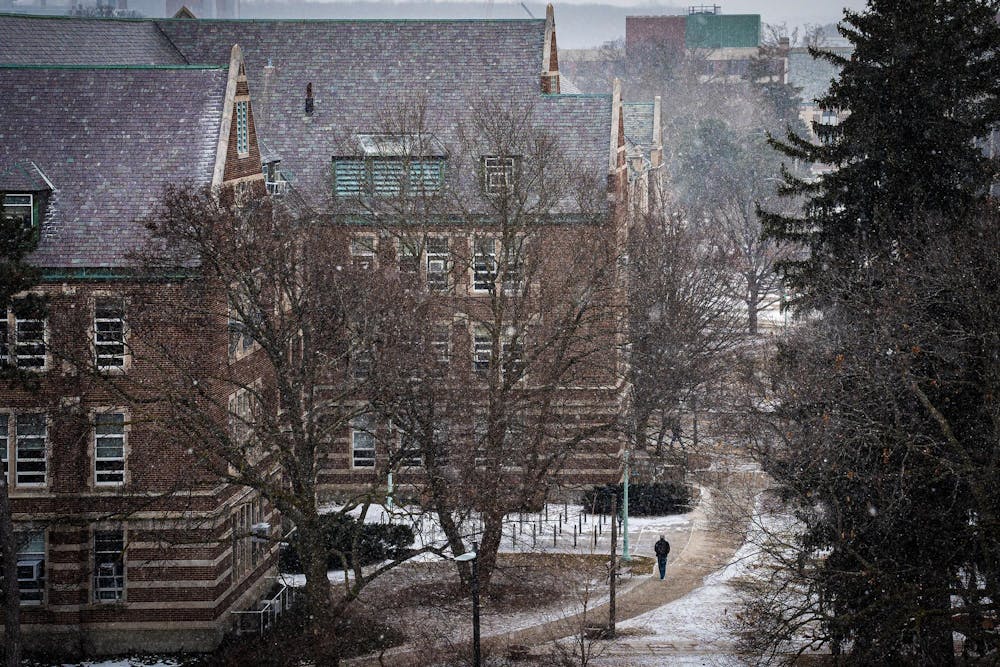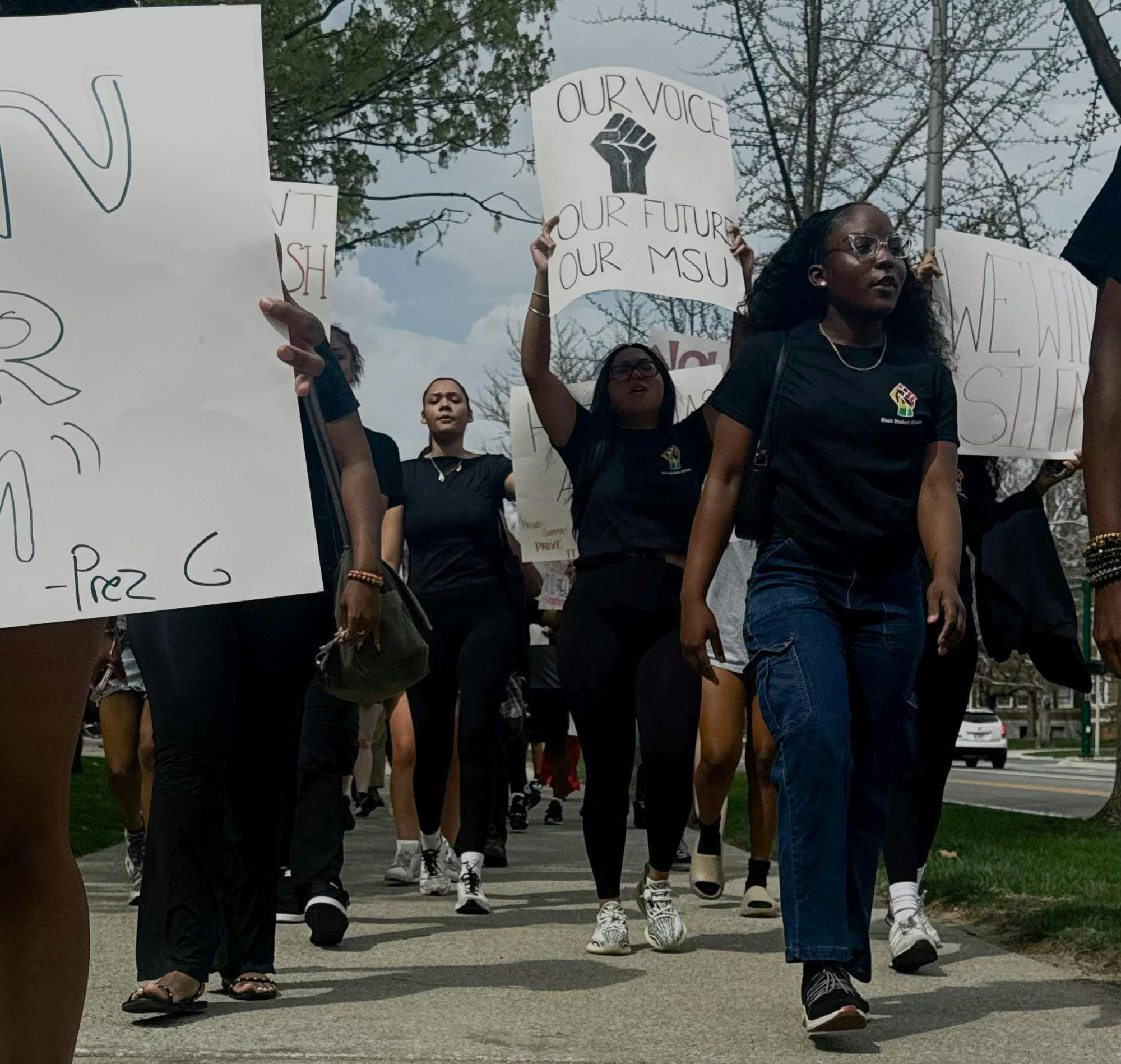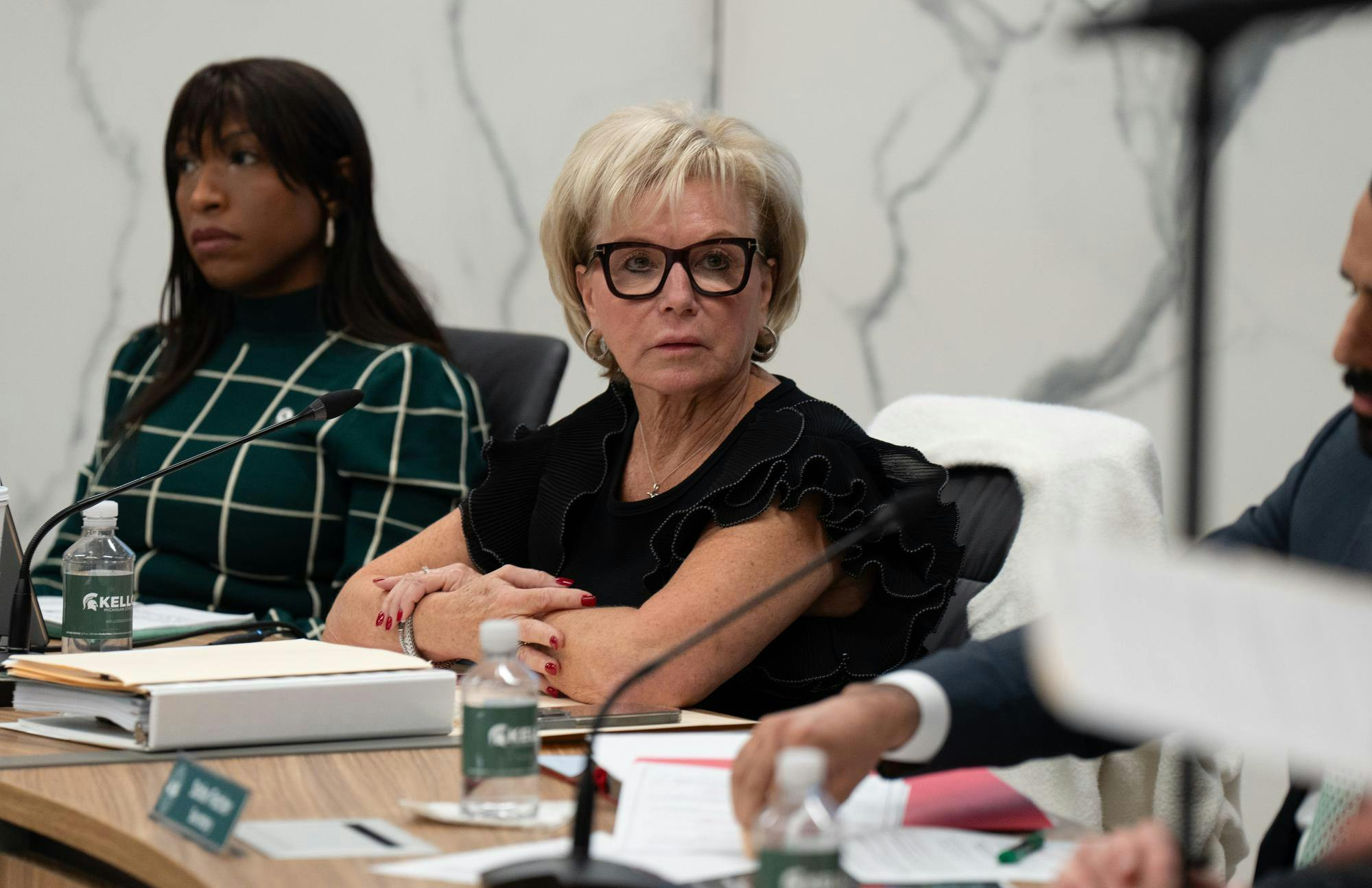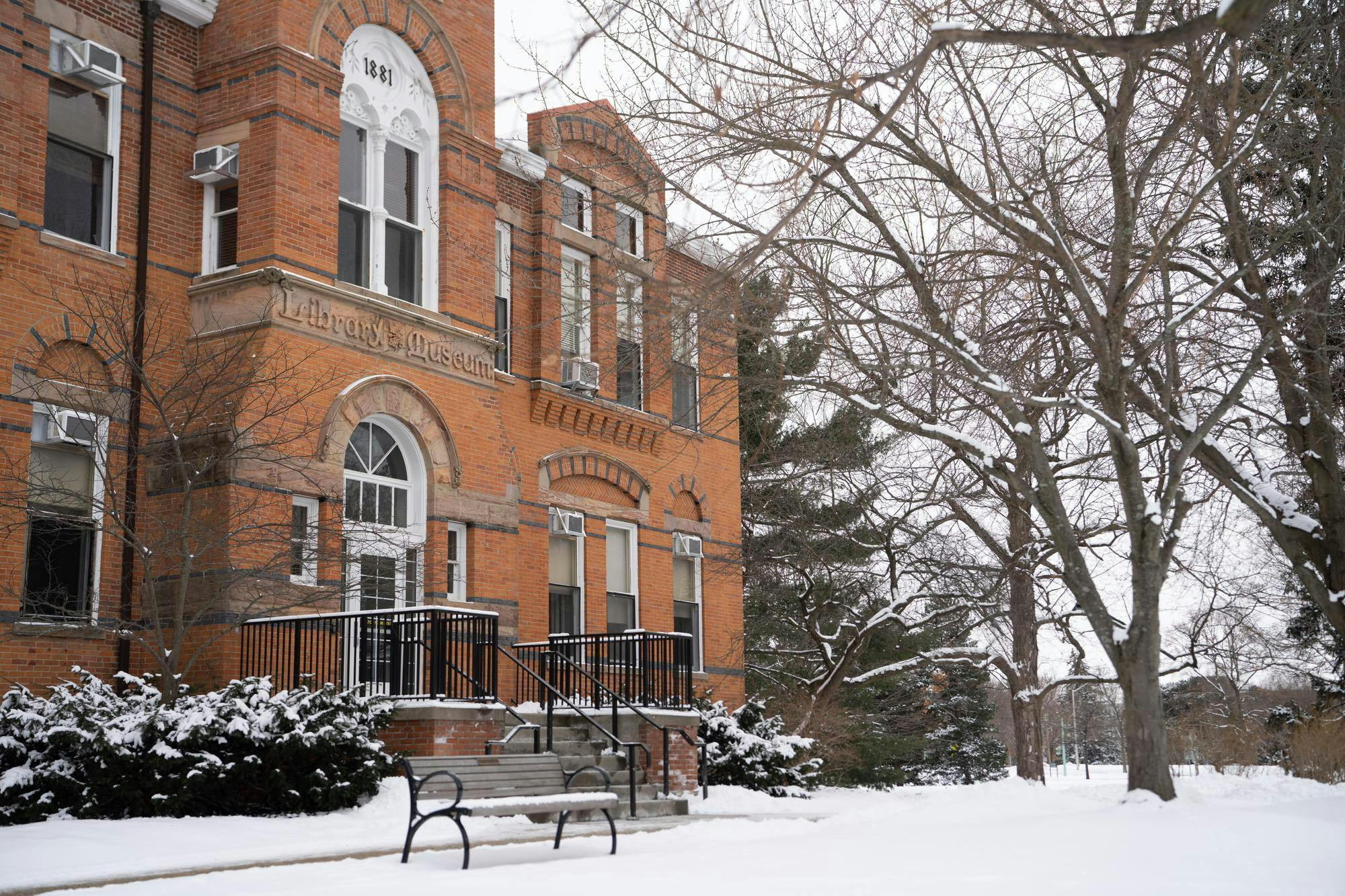Feb. 13, 2023, the night was cold, but not unbearably so — one of those February evenings where winter lingered, but spring felt close enough to touch. A usual Monday. Students filtered out of lecture halls, bundled up against the chill. Dining halls hummed with the familiar sounds of plates clattering and last-minute assignments being pulled up on laptops. I was one of them, navigating the routine, unaware that within moments, everything would fracture.
First, the notification. Then, the silence before the storm. Murmurs turned into frantic whispers, into hurried footsteps, into the collective realization that something terrible was unfolding. A gunman. On campus. Not miles away, not in a different city — right here.
At first, it was incomprehensible, like trying to force a nightmare into waking reality. I had read about this kind of horror before, seen it play out in headlines, in news reports. But knowing and living are two entirely different things. And on Feb. 13, 2023, I found myself living inside a story I never wanted to be part of.
Growing up across seven countries — India, Bhutan, England, Indonesia, Germany, Finland and the Czech Republic — I had experienced different definitions of safety. In London, CCTV cameras watched over every street. In Finland, people left their doors unlocked without a second thought. Even in the chaos of Jakarta, violence never felt random, never felt like it could reach into a lecture hall or a library. America was different. Here, the fear of mass shootings wasn’t an abstract idea — it was something ingrained, something rehearsed in lockdown drills, something carried like an invisible weight.
Still, I never thought I would be close to one. I never thought I would know what it felt like to barricade myself in a room, to text my loved ones with shaking hands, to sit in the dark as the minutes stretched into something unmeasurable. I never thought I would fear the sound of footsteps in the hallway.
The hours after the shooting were a blur of dread, but the days that followed held a different kind of weight. The familiar paths across campus suddenly felt foreign. Lecture halls were no longer just places of learning, but spaces tainted by the knowledge that they had been turned into hiding places. And yet, beyond the shock, beyond the grief, there was an isolation that set in — one that many of my peers never had to reckon with.
MSU is home to thousands of international students, but in that moment, it felt like the loneliest place in the world. I watched as American students packed their bags, left for the comfort of their homes, their families. The university encouraged us all to take time, to be with loved ones. But my family was in Helsinki — 4,000 miles and an ocean away. There was no home to run to, no living room where I could collapse into familiarity, no parents waiting with open arms. Just a video call, a pixelated reassurance that they were there, that they wished they could do more.
And I wasn’t alone in this. Other international students — friends from all over the globe — shared the same hollow feeling. We wandered a campus that felt frozen in time, caught between grief and the need to move forward. We checked in on each other because there was no one else to do it. Some of us stayed in our dorms, unable to face the empty sidewalks. Others tried to reclaim some normalcy, walking through halls that no longer felt safe.
Before coming to the U.S. for college, I never truly experienced culture shock. I had spent my life in international schools, where the student body was a mix of nationalities, backgrounds and perspectives. No matter where I lived, my classrooms always felt like global spaces, where conversations flowed seamlessly between cultures. Acclimatizing to American college life had never been difficult — if anything, it felt familiar. But this? This was something I had never prepared for.
The campus moved forward, as it always does. Classes resumed. Cafeterias filled up again. Conversations about gun control and mental health spiked, then faded into the background. But something in me had shifted. Because when you experience a mass shooting — when it is no longer just a headline, but a lived reality — it changes you.
And for those of us who had nowhere to run, who had to stay and sit with that trauma, it felt like America itself had left us with an unspoken truth: This is just how it is.
And we had no choice but to learn how to live with it.
Support student media! Please consider donating to The State News and help fund the future of journalism.



